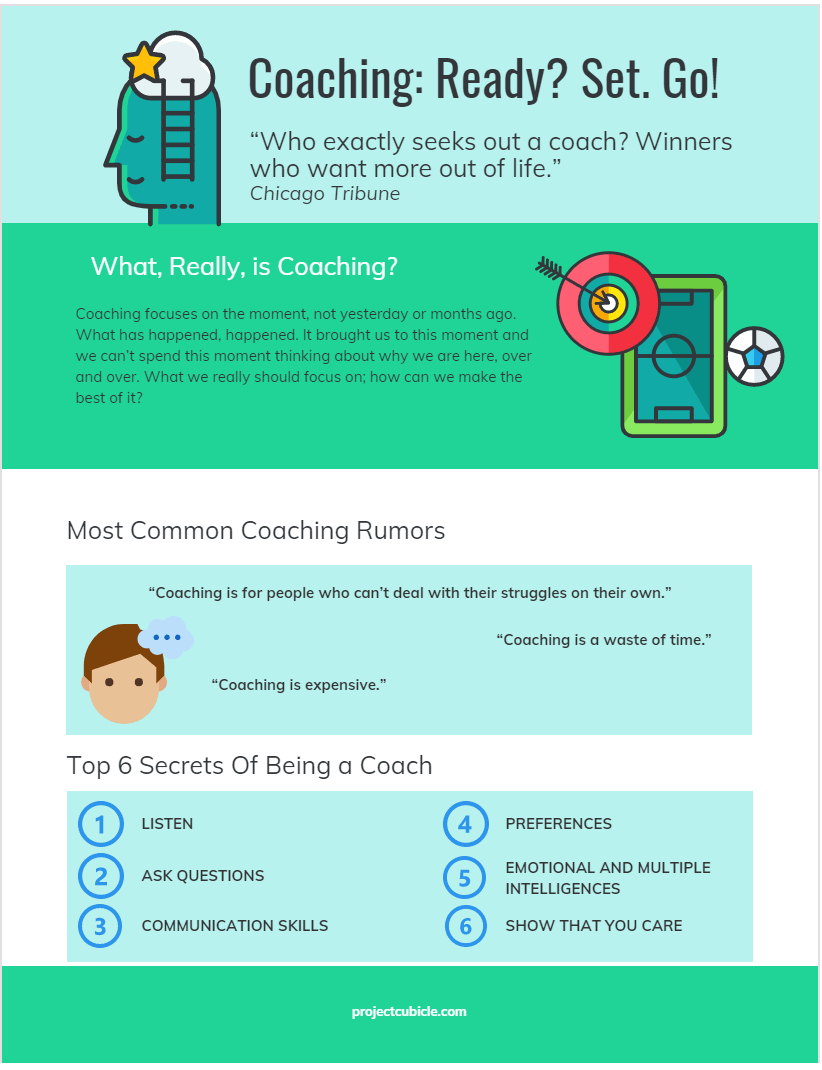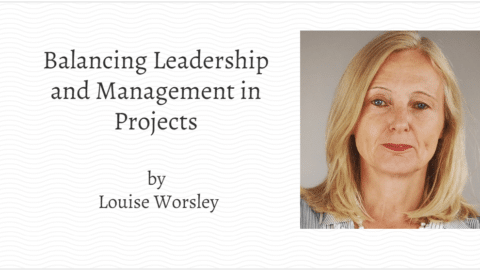Coaching: Ready? Set. Go!
“Who exactly seeks out a coach? Winners who want more out of life.”
Table of Contents
Chicago Tribune
Do you, too, want more out of life?
You came to the right place. In this passage, we are going to have an inclusive debate on the art of coaching. We are going to address some of the most common coaching rumors, explaining what the basic requirements are to become a certified life coach, emphasizing how a coach can help you shape and influence your life.
“Coaching”; the frequent shaper of social media accounts. How many have you seen so far? And how many of them are actually qualified enough that you can depend on them to guide you in the right direction? In this post, we aim to inform you about the secrets of being a coach and discuss why you should coach. Before starting, let’s discuss what really coaching is.
What, Really, is Coaching?
Realistically, this question has countless answers. It all comes back to you, and what you need. It might be coping with stress, outgrowing challenges, adapting to transformations, accommodating your choices, as an individual or a company.
Coaching focuses on the moment, not yesterday or months ago. What has happened, happened. It brought us to this moment and we can’t spend this moment thinking about why we are here, over and over. What we really should focus on; how can we make the best of it? And this is the definition. Making the best of talent, ability, intelligence, personal or professional goals… It doesn’t mean doing their work, it means helping them to gain the necessary skills in order for them to get there. Now, let’s take a look at the most common coaching rumors.
Most Common Coaching Rumors
“Coaching is for people who can’t deal with their struggles on their own.”
No! Remember the quote in the beginning? “Who seeks out a coach? Winners who want more out of life.” – This is simply an example. A coach guides you towards the right direction, in the end, whatever it may be you are the one to solve your own problems. He/She does not or cannot take over your life in any way. He/She tries to enlighten your perspective, enlarge it, and help you see all of it in a way that you never have before.
“Coaching is a waste of time.”
If you have ever been active in any kind of sports, you’d know that progress comes with time. If you ask any leader or an entrepreneur; they will tell you, “there is no such thing as overnight success.”. The same applies to coaching. You plan and map your destination before you take a step.
The right coach is a mentor who believes in you, which we also touched on Gardner’s Multiple Theory of Intelligence, and works hard for your best interests to help you get there.
Evidently, NASA also uses the merits of coaching. So… Do you see what a waste of time it is?
“Coaching is expensive.”
Coaching is expensive, but so is education. However, once again it all comes back to you and your interests. If you believe that you need a mentor, or a coach to depend on his/her guidance, then it’s an investment for you to consider, if nothing else.
Ok, let’s talk about the secrets of being a coach.
Top 6 Secrets Of Being a Coach
#1: LISTEN
Instead of thinking of how you’re going to answer a person, just stop. Genuinely, concentrate on what the person is saying. Listen.
#2:ASK QUESTIONS
In the right manner and setting.
Asking the right questions to the client, and more importantly, asking them at the right time is crucial. What also matters is, how you address these questions to your client. Why does it matter? Because you should be able to understand what your client needs before you can provide any sort of guidance, which leads us to Step 1(LISTEN).
#3: COMMUNICATION SKILLS
Interpersonal and Intrapersonal.
A coach should be able to communicate thoughts, oral and written, in the clearest way. Therefore, he/she should be able to use the necessary communication skills, specifically adjusted for that client. Each person is different, they should be treated individually, taking their unique combination of talents and skills into consideration.
#4: PREFERENCES
Visual, Auditory & Kinaesthetic.
Something we’ve touched upon on Step 3. People are different. They view and understand the world in various ways. If you are coaching an individual being, you should observe the learning style of that person to design a specific pathway, made for that person, only. This is also a method of collecting information about a client to see which approach would work and which one would not.
#5: EMOTIONAL AND MULTIPLE INTELLIGENCES
A coach should know that intelligence does not only include calculation skills or logics.
As we keep emphasizing, people are, really, different with their unique combinations of skills and mindset. A coach should have a basic idea about who the client is.
Draw on, frequently, Goleman’s Emotional Intelligence and Gardner’s Multiple Intelligences to communicate your thoughts depending on the intelligence type(s) of your client. This will improve the quality of your interaction and build trust between you and your client.
#6: SHOW THAT YOU CARE
About their interests, not yours.
It’s one of the most important steps in coaching, which also creates a framework of trust with the client. Whoever you might be working for, whether it may be a company or an individual, they should know that you are guiding them towards their best interests and outcomes.
Constantly remember, who you are coaching and why.
Can You, Too, Be a Coach?
The short answer to that question is yes since there are no actual minimum requirements to become a coach. However, the amount of insight and experience you have certainly changes the whole game.
See Tony Robbins’ 5 minutes of being a “performance coach”
Do you see what he does? All the steps we mentioned above, and more importantly, he genuinely cares.
Another perspective to look at this question would be to decide on whether you should be the client or the coach, maybe both or none. It works differently for each of us.
The question only you have the answer is “what do you need?”. Is your motivation guiding people towards creating their masterpieces? Or creating one on your own? As the client mentions in Robbins’ video, it’s 80% psychological and 20% operational. You are the tower. For this reason, you are the one to decide which bricks you should use, where, and how.
Once more, in the end, it all comes back to you.
Watch the following video, if your answer is Yes.
Why Should You Coach?
Alright. Let us summarize what we have discussed briefly:
- Coaching focuses on your moment, and your best interests to provide guidance to you towards your goals or wishes.
- The right coach is a mentor, who believes the person you are and tries to support you by helping you educate and develop yourself in order for you to get there.
- Coaching is an investment, not a waste of time and resources if used wisely, and not for people who are unable to solve their own problems.
- TOP 5 Secrets of being a coach are; to listen, ask questions, showcase your ability to communicate, respect preferences and the type(s) of intelligence your client has, showing that you, genuinely, care about their best interests.
- For the last time, in the end, it all comes back to
What Do You Think?
Thank you for reading!
Now, it’s your turn to share.
Are you a coach, or a client? Both, or none? Why?
Do you believe now the coaching rumors are true?
What do you think about the secrets of being a coach?
Share your approaches with the community!
It’s highly suggested for you to see the article on Gardner’s 9 Types of Intelligence










